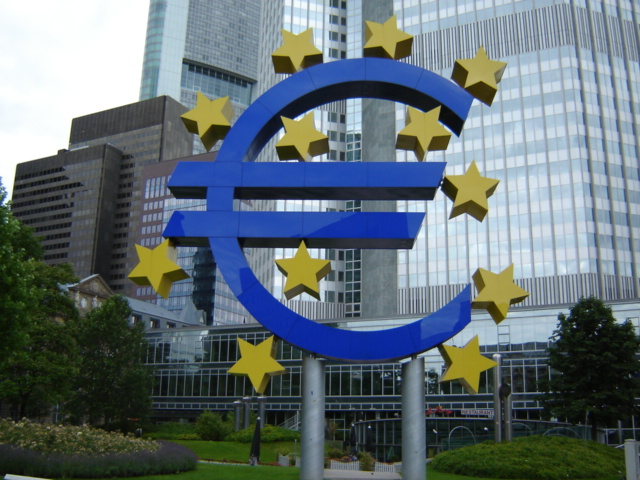
TTIP Benefits Go Well Beyond Economics
For decades, the European Union has been the gold standard among transnational organizations, gradually linking sovereign nations together through the free movement of labor and the formation of a currency union. For a European, passing from Germany to France isn’t all that different from an American going from Maryland to Pennsylvania. With organizations like the United Nations and the World Trade Organization routinely unable to act on pressing matters, the EU stands as a striking success in the realm of global governance.
With the recent European Parliamentary elections in mind, could this be coming to an end? France’s National Front and the UK Independence Party are riding high on the upward trend in anti-immigrant, anti-EU sentiment across Europe in the wake of the near collapse of the euro. By placing the blame for economic failure on immigration and too much reliance on the EU, inward-looking politicians are rising in popularity. For proponents of the Trans-Atlantic Trade and Investment Partnership (TTIP), this trend in troubling.
With the fifth round of TTIP negotiations coming to a close last week in Arlington, Virginia, and U.S. Trade Representative Michael Froman confident that they have been progressing smoothly, this is not a good time for European countries to begin shutting themselves off from the world. The economic benefits for a free-trade deal between two blocs that account for half of all global production cannot be understated. TTIP is estimated to add $122 billion annually to the American economy, but the true benefits likely can’t be measures in dollars.
As outlined by James Bacchus in Forbes, getting TTIP passed will bring benefits that go far beyond economic measures.
“Much more than merely markets is at stake in the TTIP. At stake, above all, is the mutual European and American conviction that the right combination of the freedoms of democracy and capitalism can create a shared and lasting prosperity. Seen from a distance through the eyes of others in the world, democracy and capitalism are no longer delivering jobs, growth, or prosperity in either Europe or the United States… From a distance, to others, the EU and the US look more and more like failing states, and, to others, our apparent failure is seen as the failure of freedom itself”
As Russia and China have taken steps to link their economies recently, the U.S. and the EU need to realize the strategic and security benefits that flow from free trade between committed democracies. TTIP would allow Europe to break its energy dependence on Russia and streamline the process for the U.S. to increase its exports of natural gas. More importantly, it would serve as a model for fledgling democracies that the path to prosperity is through openness and interdependence rather than protectionism and subsidies.
There is no doubt that the economic benefits TTIP will bring to both the U.S. and the EU will be immense and have the potential to spur both parties out of their post-2008 economic slumps once and for all. But when framed in terms of national security, TTIP takes on an increased aura of importance that cannot be overlooked. The biggest sticking points in negotiations thus far have been over differing health and regulations standards, data-privacy concerns, and the proposed creation of an investor-state dispute settlement body that allows firms to sue nations they invest in. While it will take compromise from both sides of the Atlantic in order to get these issues resolved, it is certainly in the strategic interest of both the U.S. and the EU to get this deal done, sooner rather than later.






[…] following Obama’s first formal meeting with Ukraine’s president-elect, Petro Poroshenko. TTIP Benefits Go Well Beyond EconomicsDan DayFor decades, the European Union has been the gold standard among transnational organizations, […]
[…] TTIP Benefits Go Well Beyond Economics […]